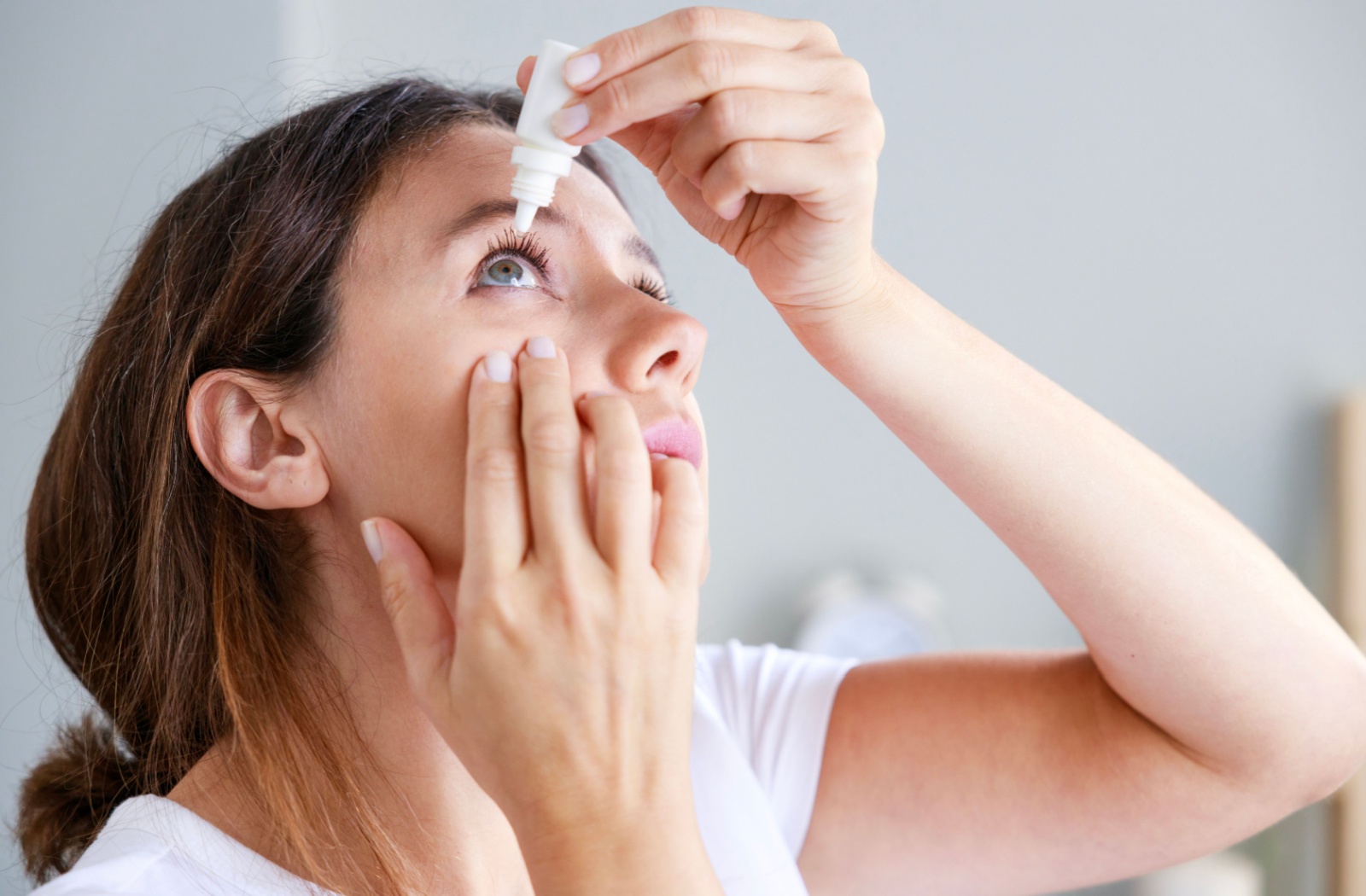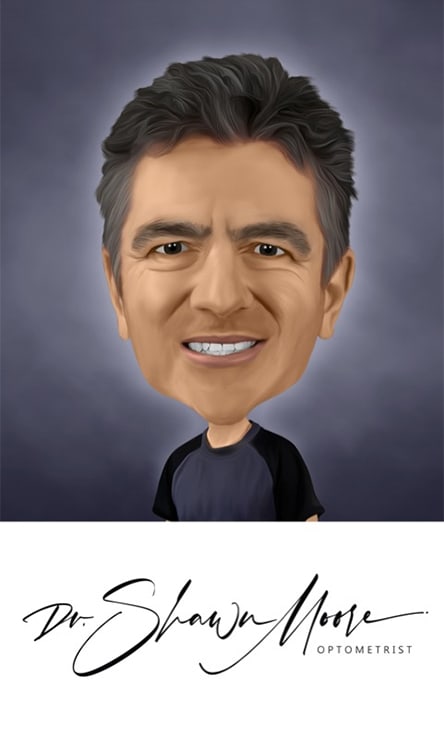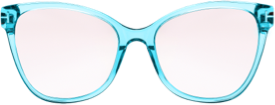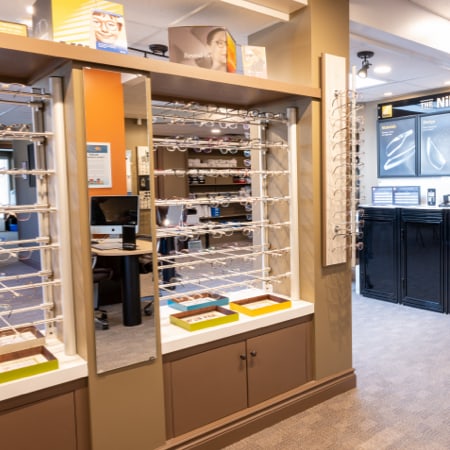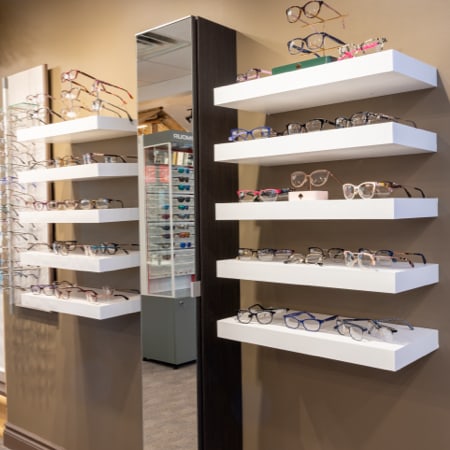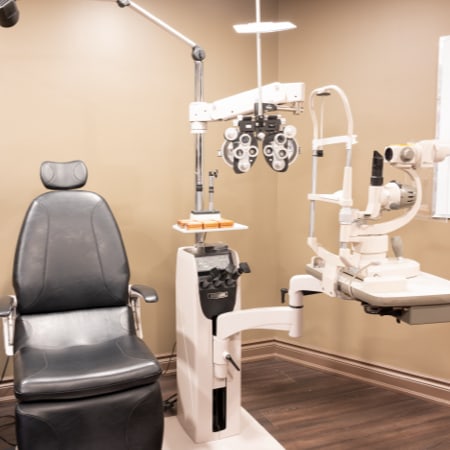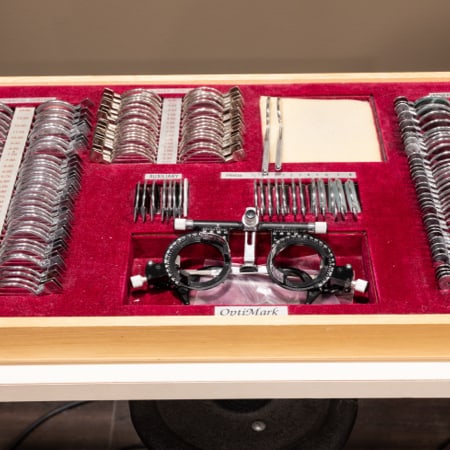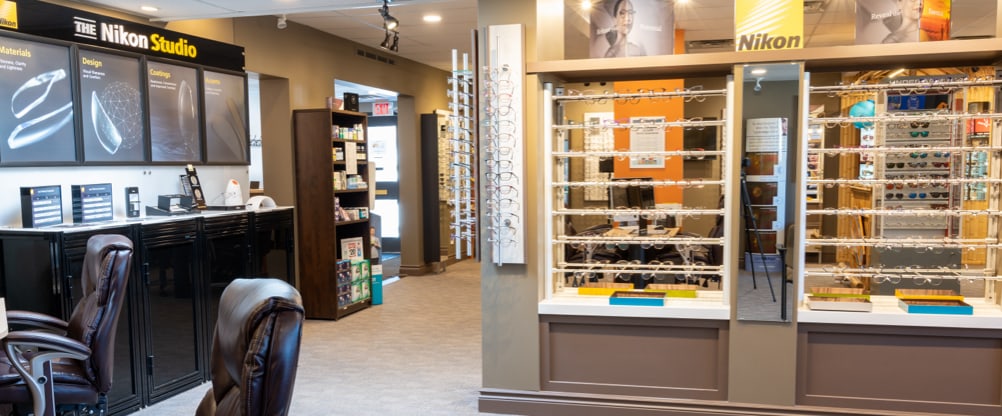Whether you’re dealing with dry eyes, allergies, or even glaucoma, you may have needed eye drops before. They’re an excellent way to lubricate the eyes, find relief from burning, and keep your vision clear and healthy. However, it’s important to treat your eye drops like all other medications and make sure you’re using them safely.
Eye drops all have their own expiration date. Though it can vary depending on the specific type of drop, they typically are no longer safe to use after a few months. You should always keep an eye on the expiration date of your eye drops; expired drops can quickly transfer bacteria to your eyes and cause further problems down the line if you aren’t careful.
The Different Types of Eye Drops
When you think of eye drops, you might imagine a quick drop into the eye to help deal with allergies. However, this isn’t always how they work. There are several types of eye drops, each with its own purpose, designed for different situations.
The different types of eye drops include:
- Dilation eye drops, made of atropine, designed to allow more light to enter the pupil. These are used for myopia control and eye exams.
- Redness-relieving eye drops, designed to reduce the size of blood vessels in the eye.
- Artificial tears, designed to lubricate the eyes, reduce inflammation, and treat dry eye
- Allergy relief eye drops, usually using antihistamines, designed to reduce allergy symptoms in the eyes.
- Pressure-lowering drops, designed to treat glaucoma.
- Steroid-based eye drops, designed to help treat severe inflammation and irritation.
While some of these can be acquired over-the-counter at most pharmacies, others—like glaucoma drops or steroid-based drops—need a prescription, or can only be found with the help of your optometrist.
How Long Do Eye Drops Last?
It’s also important to note that no matter what type of drop you’re using, it’s likely broken down into one of 2 categories:
- Eye drops with preservatives
- Preservative-free eye drops
Preservative-Containing Drops
Preservative-containing eye drops typically have a longer shelf life compared to their preservative-free counterparts. These drops can last up to two years unopened if stored correctly. Once opened, they should be used within 3 months to ensure safety and efficacy; past their expiration date, these drops can easily transmit bacteria and harmful contaminants to your eyes.
Single-Use Preservative-Free Drops
Preservative-free eye drops are often much easier on the eyes. Because they don’t have any added chemicals or solutions, they’re significantly gentler on the eye’s surface, making them ideal for people living with sensitive eyes.
However, because they don’t have preservatives, these drops don’t last as long as drops with preservatives. Due to this, preservative-free eye drops often come in tiny plastic vials that only contain a single-use amount. These should be discarded immediately after use—even if there’s liquid left inside. These drops can quickly accumulate bacteria if you try to reuse them.
Multi-Use Preservative-Free Drops
Multi-use preservative-free drops are newer and quickly becoming more common. Rather than adding any special chemicals or additives, these drops incorporate a special bottle designed to keep bacteria and contaminants out.
These drops can often have the same shelf life as drops with preservatives, but it’s crucial to make sure you always read the bottle and follow any instructions on the label. Don’t put your eyes at risk!
Can You Use Expired Eye Drops?
You should always be keeping a close eye on the expiration date of your eye drops. Treat them like all other medications; once expired, they’re much less effective, and in many situations can be downright harmful to use.
The most immediate concern is the potential for bacterial contamination. When packed, your eye drops have a careful airtight seal—this helps prevent the entry of bacteria, viruses, germs, and any other contaminants. Once you open them, this sterile seal is broken, and you’ll have a small, tight space full of liquids that can act as a breeding ground for all kinds of harmful contaminants. If you apply contaminated eye drops to your eyes, you’re risking severe infections.
Meanwhile, eye drops contain active ingredients designed to address specific eye conditions. Over time, these ingredients can degrade, making the drops less effective. Using expired drops might mean you’re not getting the relief or treatment you need, which can worsen your condition.
If you’ve used expired eye drops and notice symptoms like increased redness, swelling, pain, or discharge, discontinue use immediately and consult your eye care provider. These symptoms could indicate an infection or a poor reaction to the degraded product.
How to Preserve Your Eye Drops
To maximize the shelf life of your eye drops, store them in a cool, dry place away from direct sunlight. Avoid keeping them in places where temperature fluctuations are common, like the bathroom or the car.
Make sure you’re always washing your hands before using eye drops; this significantly lowers the risk of contamination and potential infections. It helps to try to avoid touching the dropper itself against any surface—including your eyes—and always replace the cap immediately after every use. This reduces the chances of bacteria entering the bottle.
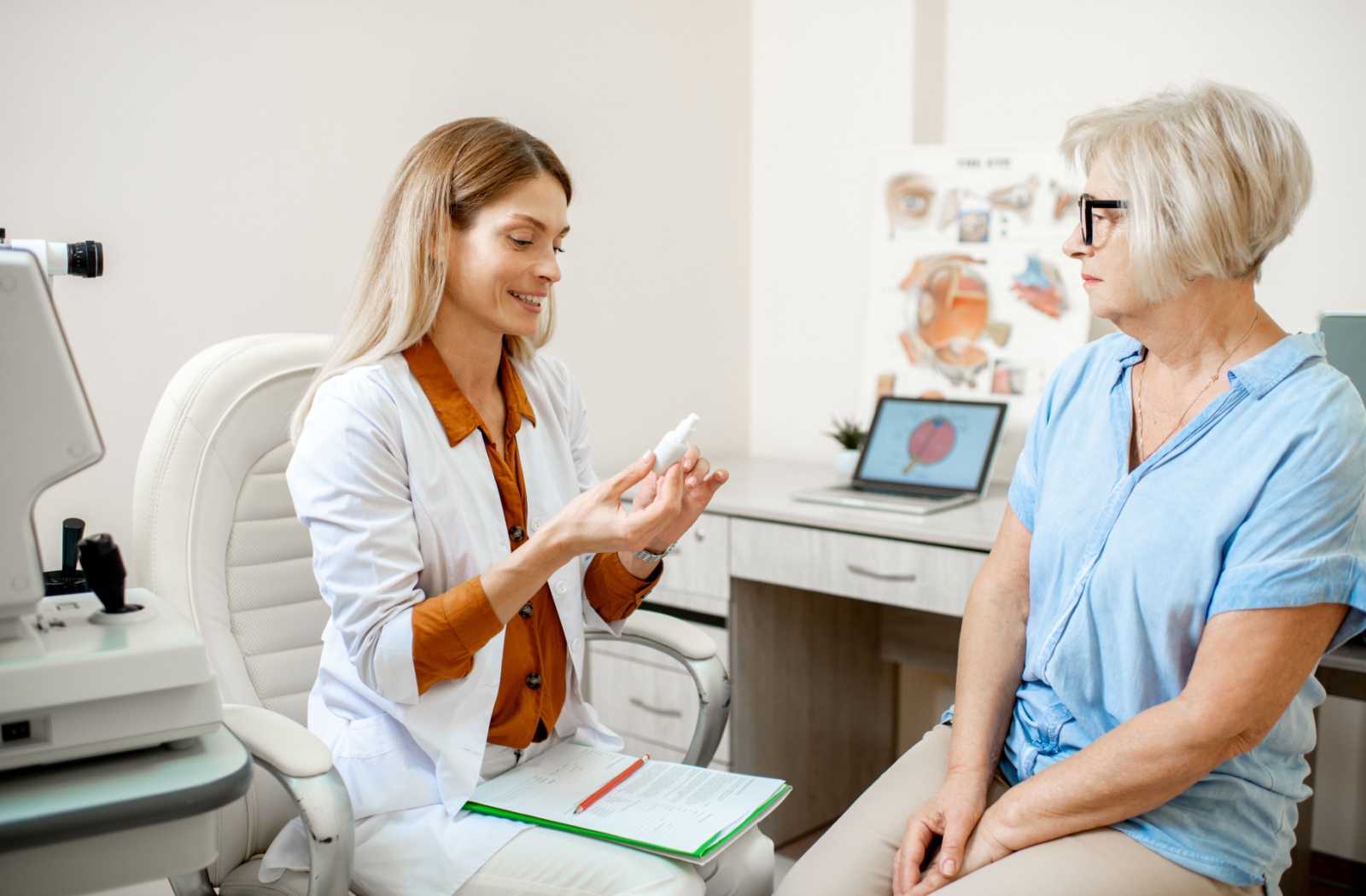
Each type of eye drop comes with specific storage and usage instructions. Pay close attention to these guidelines to make sure you’re using the product effectively and safely. If the bottle tells you to discard the drops after a certain amount of time, follow this advice.
When to Replace Your Eye Drops
Eye drops can be extremely effective for all kinds of conditions. It’s crucial to always check the expiration dates and replace them once they’re expired. Eye infections can be a significant problem, and they’re not worth the risk.
When in doubt, reach out to our team here at Orillia Optometry. We’re here to help you see clearly every step of the way, so book an appointment with our clinic!

